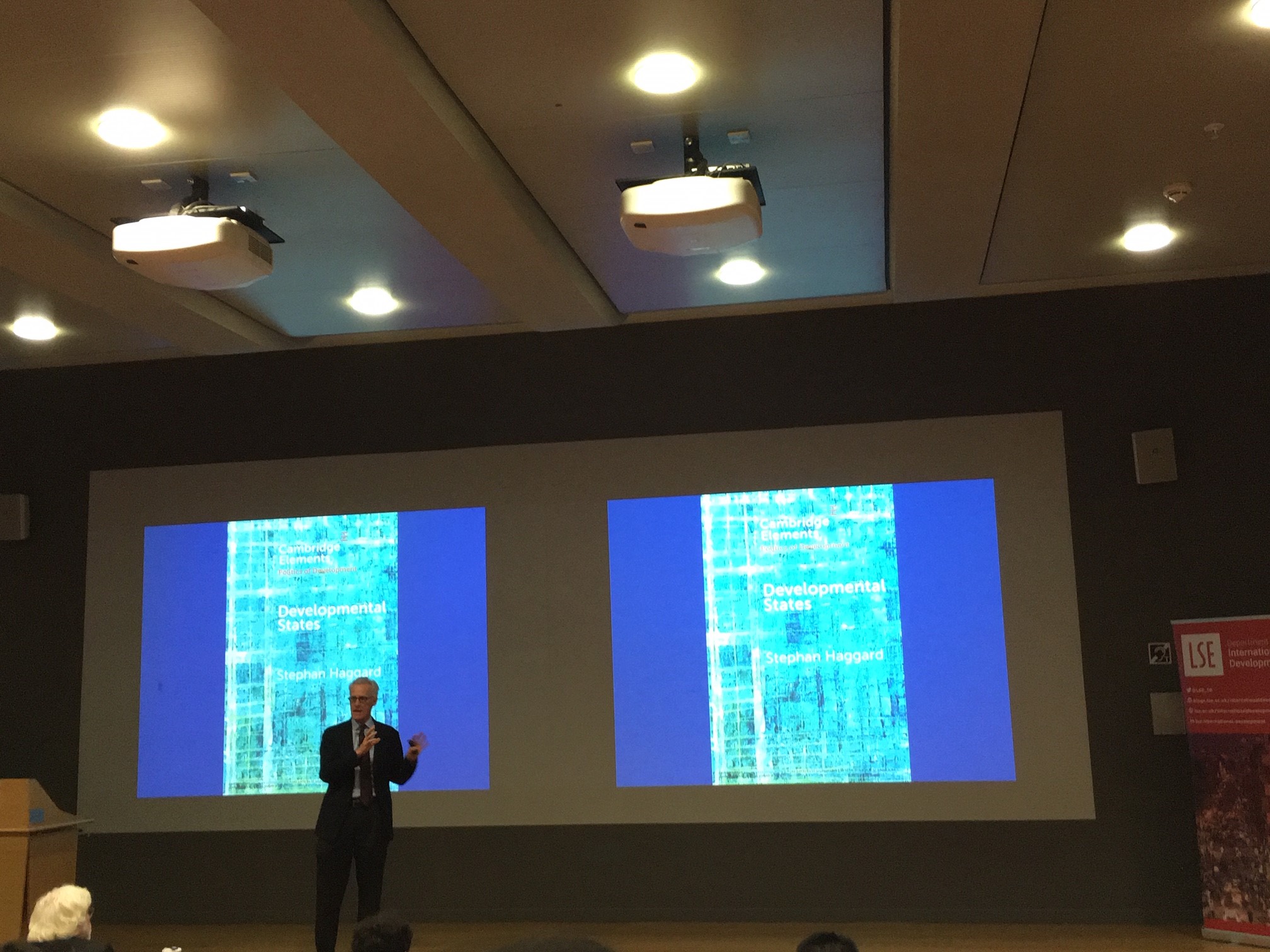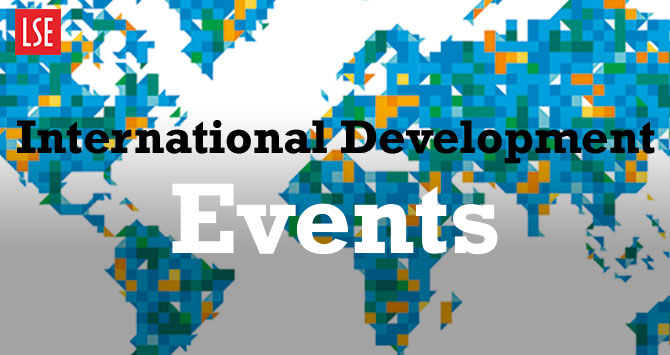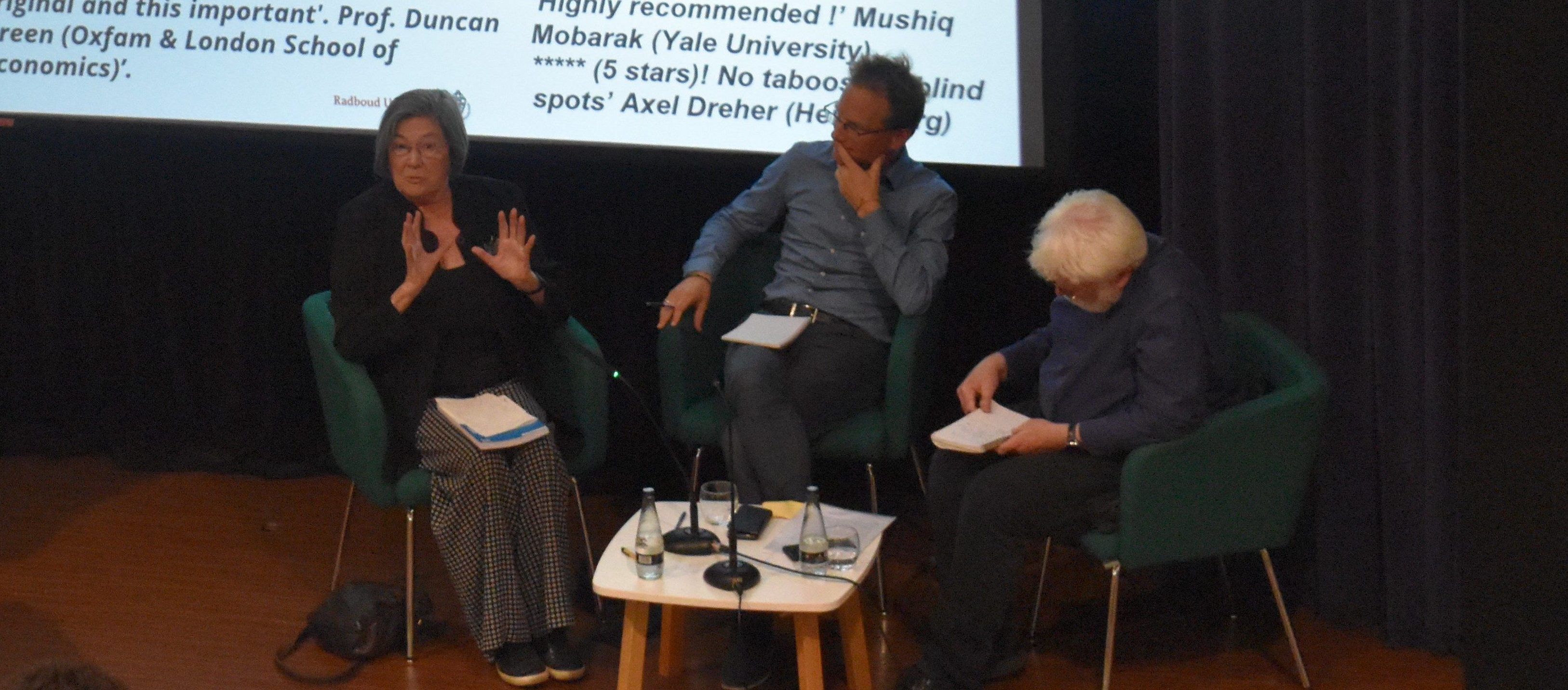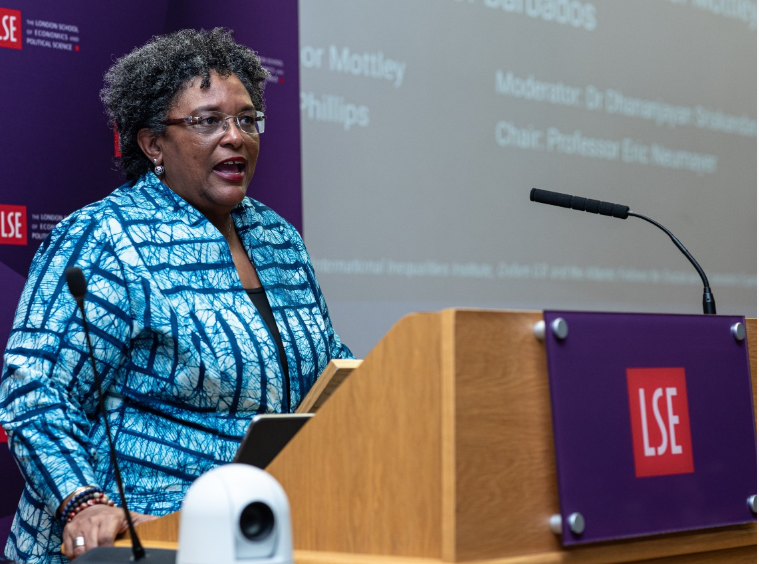Joseph Rowntree Foundation and Prospect Magazine public lecture @ LSE
 Date: Wednesday 22 January 2014
Date: Wednesday 22 January 2014
Time: 6.30-8pm
Venue: Old Theatre
Speaker: Professor Amartya Sen
Drawing on his ground-breaking work on poverty and development, Professor Sen will examine some of the biggest economic, moral and philosophical issues facing anti-poverty campaigners today.
Amartya Sen is Thomas W. Lamont University Professor, and professor of economics and philosophy, at Harvard University. He was awarded the Nobel Prize in Economics in 1998 for his contributions to the study of fundamental problems in welfare economics. His most recent book is An Uncertain Glory: India and Its Contradictions, co-authored with Jean Dreze. Professor Sen in an Honorary Fellow of the London School of Economics and Political Science.
Suggested hashtag for this event for Twitter users: #LSEpoverty
The Joseph Rowntree Foundation| is an endowed foundation funding a UK-wide research and development programme.
Prospect Magazine| is “Britain’s leading monthly current affairs magazine”.
Further information about this event can be found here.





